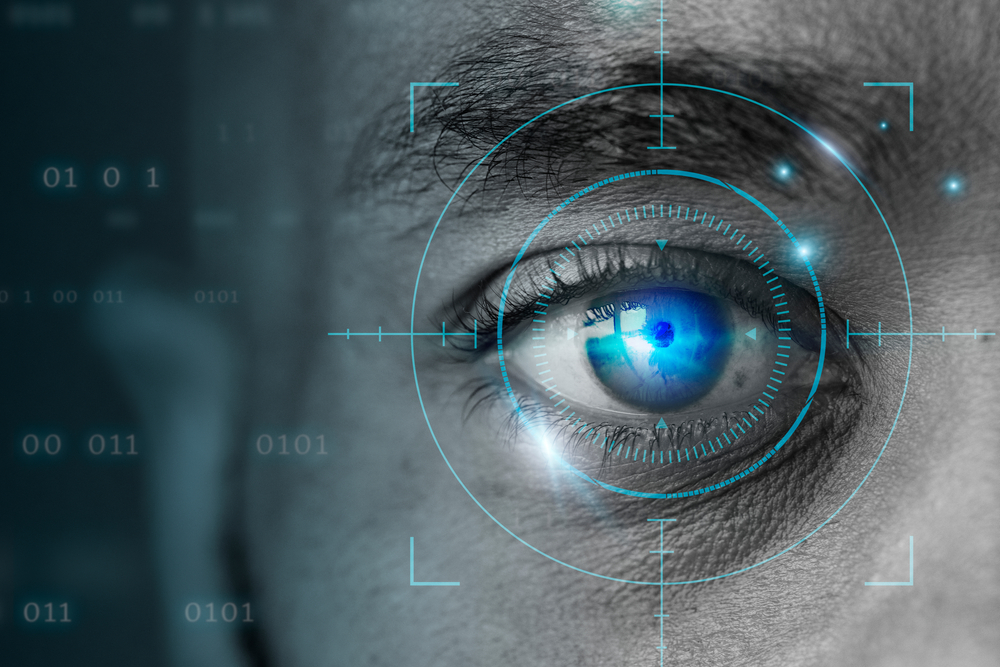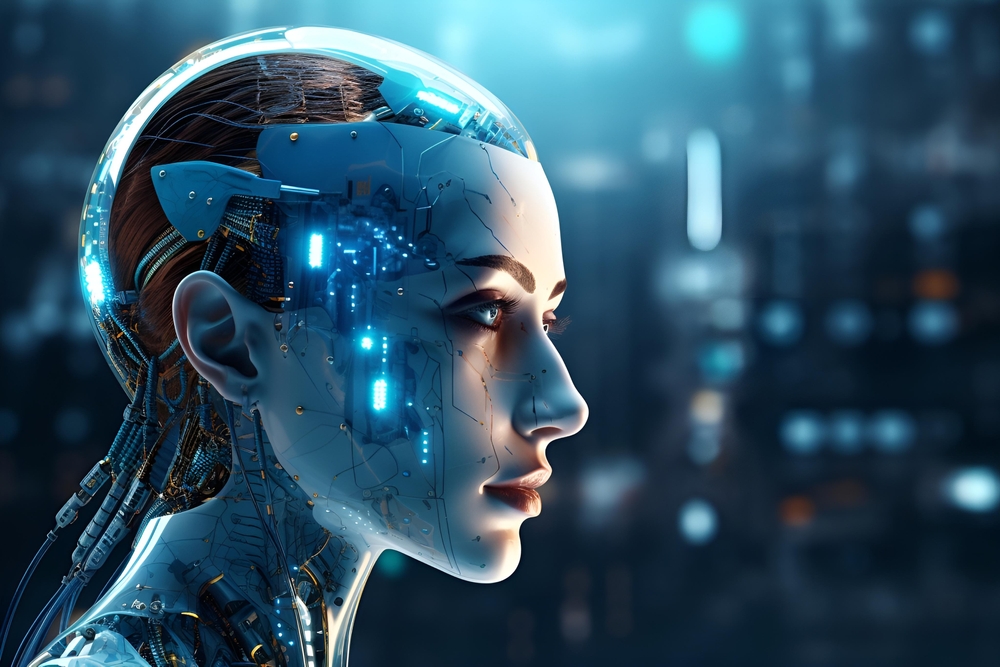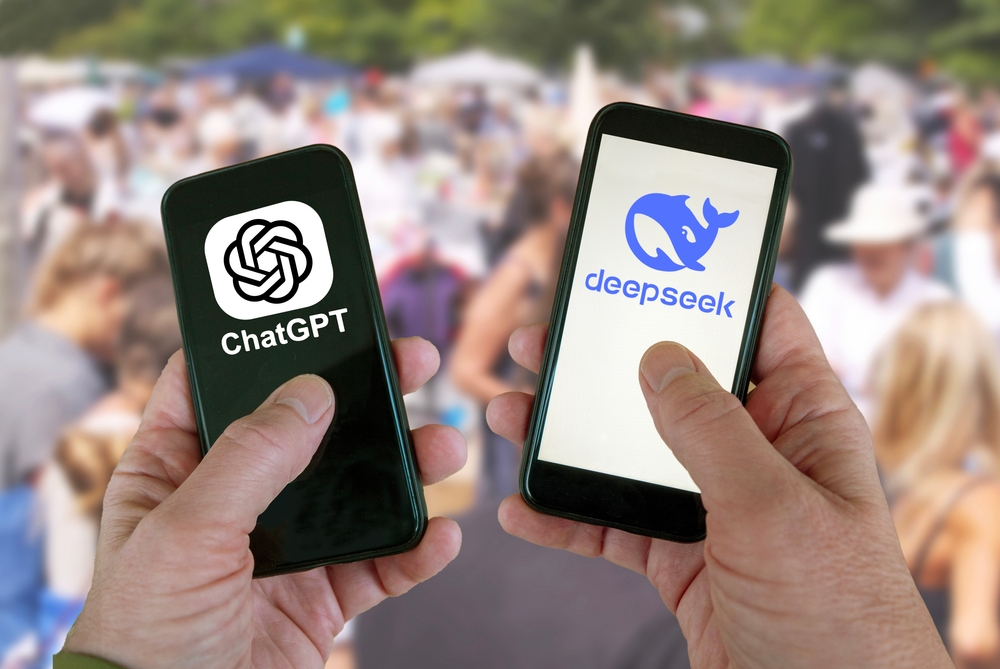Denmark is fighting Al. It just gave citizens copyright to their own face, voice, and body.

We live in a time where your voice can speak words you never said. Your face can appear in places you’ve never been. Your identity—once intimate, once sacred—can now be cloned, twisted, and shared at the speed of Wi-Fi. And the wildest part? Until now, most of the world’s laws haven’t caught up.
But one country just took a stand.
Denmark has become the first European nation to propose a law that gives people legal ownership over their own face, voice, and body in the digital space. In an era dominated by deepfakes and generative AI, this isn’t just a legal update—it’s a wake-up call. It’s a message to the world that says: You are not just data. You are not just code. You are a human being—and that still means something.

Denmark Draws a Line—Your Identity, Your Right
In a world where artificial intelligence can mimic your face, your voice, even the subtle cadence of your speech with uncanny precision, the boundaries between real and fake are rapidly eroding. But Denmark is stepping forward to redraw those boundaries—with the force of law. The Danish government recently announced a groundbreaking move to amend its copyright legislation, making it crystal clear: every person has the right to their own body, voice, and facial features. In other words, your likeness is no longer up for grabs in the digital Wild West.
This legislative push, which has secured overwhelming political support, is being described as the first of its kind in Europe. Once passed, it will make it illegal for anyone to digitally imitate another person—whether through AI-generated images, videos, or audio—without that person’s explicit consent. The law would apply to everyone, not just public figures. Whether you’re a teacher, a teenager, or a famous actor, if someone uses your identity to create a fake video or voice recording, you’ll have the legal right to demand that it be taken down. And if harm is caused, you could be entitled to compensation.
Danish Minister of Culture Jakob Engel-Schmidt spoke with rare clarity about the motivation behind the legislation. “Human beings can be run through the digital copy machine and be misused for all sorts of purposes, and I’m not willing to accept that,” he said. His statement echoes a growing unease around the world, as AI technologies evolve faster than our moral or legal frameworks can keep up. It’s not just about fake news or political manipulation anymore—it’s about the everyday person being digitally cloned and potentially exploited in ways that could damage their reputation, violate their privacy, or worse.
Critically, the Danish proposal also acknowledges the importance of creative freedom. The new rules will not outlaw satire, parody, or artistic commentary. These exceptions are intentional and vital, preserving room for cultural critique and comedic expression—tools that have always helped societies challenge power and reflect on themselves. This balanced approach is part of what makes Denmark’s initiative so significant: it doesn’t just protect people; it respects the values of a free society.
By placing identity rights at the center of its legal framework, Denmark is sending a powerful message to the rest of the world. In an era where AI can replicate our humanity, the law must rise to protect it. This is more than policy. It’s a statement of principle: You are not just data. You are not just pixels. You are a person. And in Denmark, at least, your identity finally has a shield.

Denmark Draws a Line—Your Identity, Your Right
In a world where artificial intelligence can mimic your face, your voice, even the subtle cadence of your speech with uncanny precision, the boundaries between real and fake are rapidly eroding. But Denmark is stepping forward to redraw those boundaries—with the force of law. The Danish government recently announced a groundbreaking move to amend its copyright legislation, making it crystal clear: every person has the right to their own body, voice, and facial features. In other words, your likeness is no longer up for grabs in the digital Wild West.
This legislative push, which has secured overwhelming political support, is being described as the first of its kind in Europe. Once passed, it will make it illegal for anyone to digitally imitate another person—whether through AI-generated images, videos, or audio—without that person’s explicit consent. The law would apply to everyone, not just public figures. Whether you’re a teacher, a teenager, or a famous actor, if someone uses your identity to create a fake video or voice recording, you’ll have the legal right to demand that it be taken down. And if harm is caused, you could be entitled to compensation.
Danish Minister of Culture Jakob Engel-Schmidt spoke with rare clarity about the motivation behind the legislation. “Human beings can be run through the digital copy machine and be misused for all sorts of purposes, and I’m not willing to accept that,” he said. His statement echoes a growing unease around the world, as AI technologies evolve faster than our moral or legal frameworks can keep up. It’s not just about fake news or political manipulation anymore—it’s about the everyday person being digitally cloned and potentially exploited in ways that could damage their reputation, violate their privacy, or worse.
Critically, the Danish proposal also acknowledges the importance of creative freedom. The new rules will not outlaw satire, parody, or artistic commentary. These exceptions are intentional and vital, preserving room for cultural critique and comedic expression—tools that have always helped societies challenge power and reflect on themselves. This balanced approach is part of what makes Denmark’s initiative so significant: it doesn’t just protect people; it respects the values of a free society.
By placing identity rights at the center of its legal framework, Denmark is sending a powerful message to the rest of the world. In an era where AI can replicate our humanity, the law must rise to protect it. This is more than policy. It’s a statement of principle: You are not just data. You are not just pixels. You are a person. And in Denmark, at least, your identity finally has a shield.

Who Owns You in the Age of Machines?
In a world increasingly defined by digital reproduction, we must ask ourselves a question that once seemed unthinkable: Who owns your identity? Who owns your face, your voice, your movements—the subtle details that make you uniquely you? For centuries, the answer was simple: you did. But now, with the rise of AI models that can mimic your likeness in eerily precise ways, that certainty is slipping away. Today, your image can be copied, manipulated, and shared across the internet without your knowledge or consent, sometimes in ways that can cause real emotional or reputational harm. And without legal protections in place, your voice—quite literally—can be taken from you and used in ways you never agreed to.
This is where Denmark’s decision carries ethical weight beyond the legal realm. It reaffirms a principle that should never have been up for debate: you are not raw data. Your humanity is not public property. When AI tools are trained on millions of faces and voices scraped from the internet—often without permission—it raises a moral red flag that goes far beyond intellectual property. This isn’t just about protecting celebrities or public figures; it’s about affirming the dignity of every individual. Because in the digital world, we are all vulnerable. We are all, potentially, source material. The idea that your identity could be co-opted, edited, and distributed without your say—that it could be turned into entertainment, misinformation, or manipulation—demands more than technical solutions. It demands a cultural and ethical reckoning.
To allow this kind of unregulated replication is to treat people as products. It’s a quiet dehumanization, one that strips away context and consent in favor of convenience and viral content. And that is exactly what Denmark is pushing back against. By asserting that your voice, your face, and your body belong to you, they are restoring the human being at the center of the digital conversation. It’s a simple idea, but a powerful one: that in the age of synthetic media and AI mimicry, your identity is not for sale, not for remix, not for anyone else to own. It’s yours—fully, finally, and by law.

A Small Nation, a Global Signal
Though Denmark is a relatively small country, its bold legislative move is sending shockwaves far beyond its borders. By declaring that individuals have legal ownership over their own face, voice, and body—even in digital form—Denmark has positioned itself as a moral leader in the global debate on AI and identity. In doing so, it has forced a question onto the world stage: If Denmark can recognize the basic right of a person to control how their identity is used, why can’t others? In an era where deepfakes and AI-generated impersonations are proliferating at an alarming rate, Denmark’s action sets a precedent that larger nations—and especially those with significant tech industries—can no longer ignore.
This move also puts pressure on tech companies and social media platforms to rethink their approach to user protection. For years, platforms have operated in a gray area when it comes to synthetic content. While some have implemented basic labeling or removal tools, enforcement is inconsistent and often comes only after harm is done. Denmark’s law raises the bar. It introduces legal consequences and establishes a framework that prioritizes consent, not just detection. If similar laws were adopted globally, companies would be compelled to build stronger safeguards into their systems from the start—tools that empower individuals to claim ownership over their likeness and demand swift action when violations occur. This shifts the conversation from reactive moderation to proactive responsibility.
Moreover, Denmark’s stance could become a blueprint for future international policy. As AI technologies become more integrated into our daily lives—from entertainment and education to politics and advertising—the need for digital identity rights will only grow. Without them, the line between real and fake will blur to the point of irrelevance, and trust—both in each other and in the systems we rely on—will erode. Denmark’s law is more than a domestic measure; it’s an invitation to the global community to reimagine what human rights look like in a digital age. It suggests that our legal frameworks must evolve as quickly as our technologies do—and that human dignity must not be left behind in the process.
Loading...

